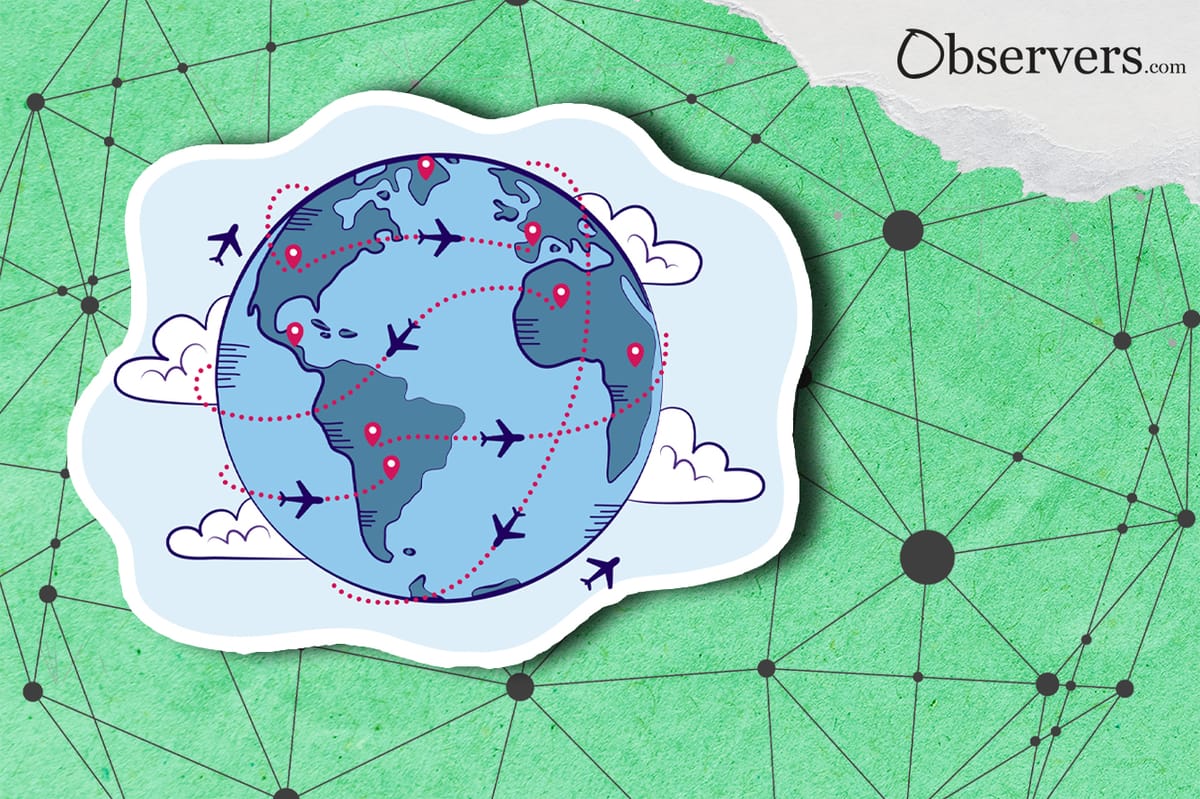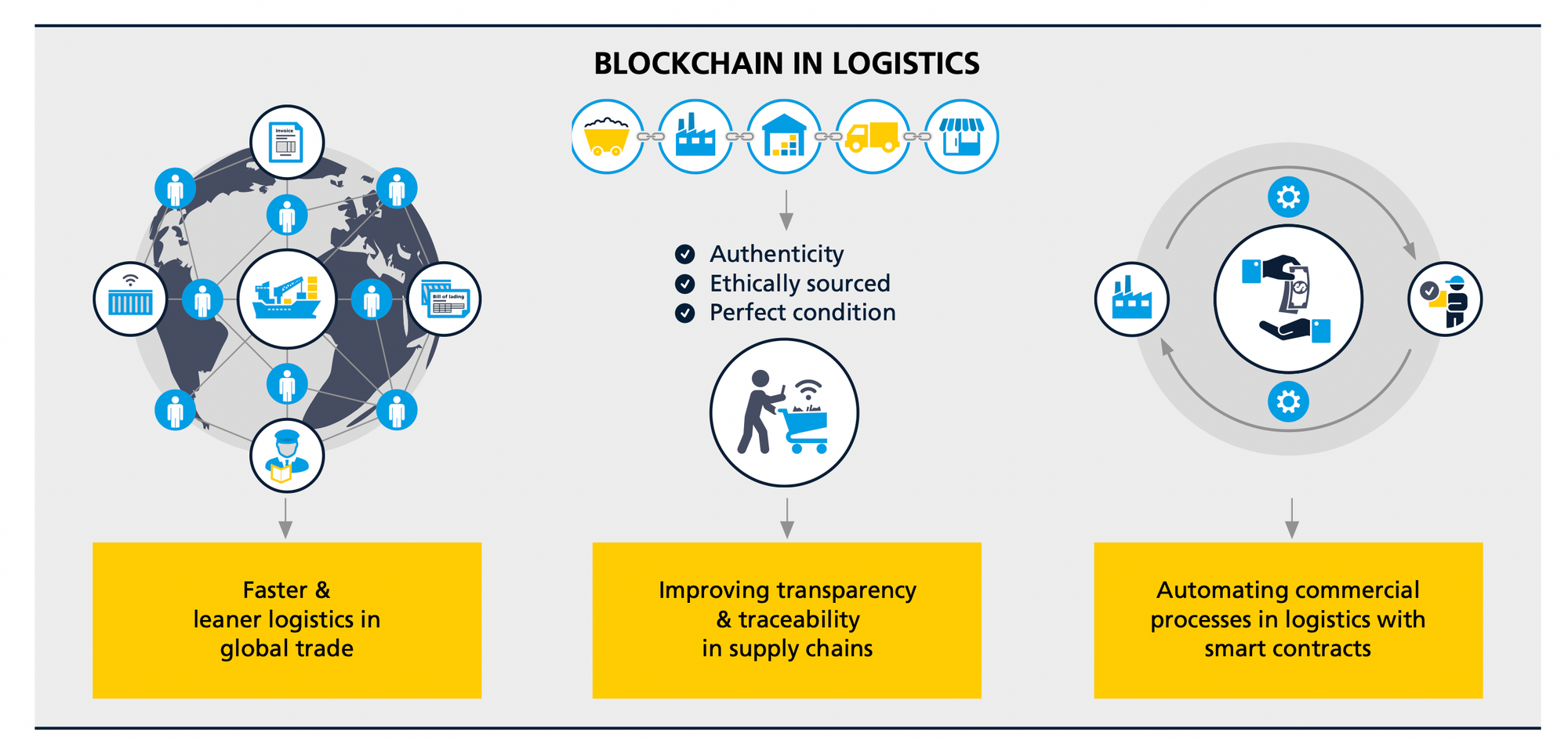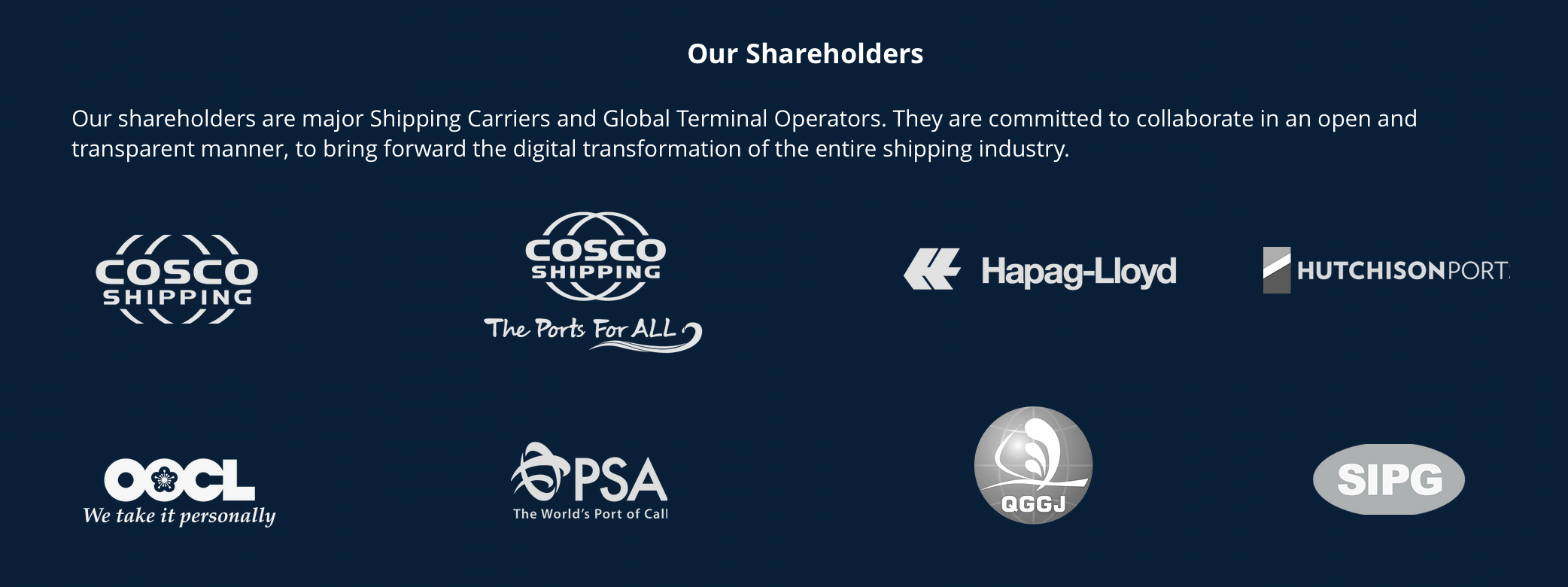Global Trade Needs Blockchain!
We all use products that come from other parts of the world and it doesn’t surprise us much. Meanwhile, a lot of complicated processes are hiding behind it. Logistics nowadays is a huge and extremely sophisticated industry which uses the latest technologies and blockchain can be one of them.




